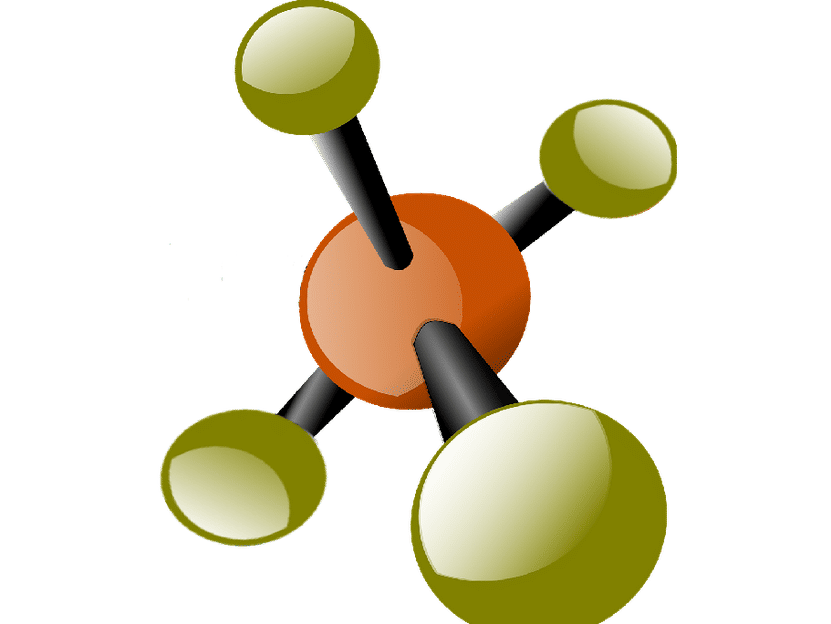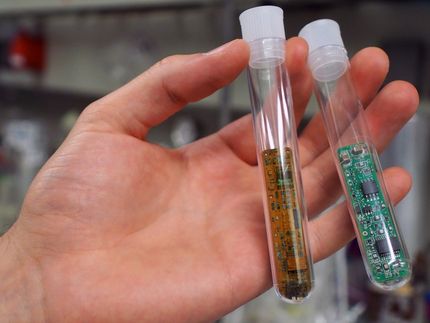Crucial step identified in the conversion of biomass to methane
Researchers find the enzymatic link in the formation of methane from fatty acids by cooperating microorganisms
Advertisement
Microbial production of methane from organic material is an essential process in the global carbon cycle and an important source of renewable energy. This natural process is based on a cooperative interaction between different types of microorganisms: the fermenting bacteria and the methane-producing archaea. The former converts so-called primary fermentation products from biomass decomposition, including fatty acids into intermediate products such as acetic acid, formate or H2. Specialized archaea can then form methane from them. The syntrophic interaction of fermenting bacteria with methanogenic archaea is crucial for the globally relevant conversion of biomass into methane. However, scientists have not yet been able to clarify how the oxidation of saturated fatty acids can be coupled with the thermodynamically extremely unfavorable reduction of CO2 to methane and how such a process can enable the growth of both microorganisms involved. A research team from the University of Freiburg, the Technical University of Darmstadt and the University of Bern in Switzerland led by Prof. Dr. Matthias Boll from the Institute of Biology II at the University of Freiburg has now been able to uncover a crucial step in this process: they found the missing enzymatic link and its function, which makes methane formation from fatty acids traceable from an energetic standpoint.

Symbolic image
pixabay.com
Study on oxidoreductase
The scientists investigated a previously uncharacterized membrane-bound oxidoreductase (EMO) from the fermenting bacterium Syntrophus aciditrophicus. They provided biochemical evidence that the heme-b cofactors of this membrane-bound oxidoreductase and a modified quinone with perfectly matched redox potentials are the main players in this microbial process. Bioinformatics analyses also suggest that these oxidoreductases are widely distributed in prokaryotes, organisms such as bacteria and archaea whose cells lack a nucleus. “The results not only close our knowledge gap on the conversion of biomass to methane,” Boll explains. “We may additionally identify EMOs as previously overlooked key components of lipid metabolism in the vast majority of all microorganisms.”
































































